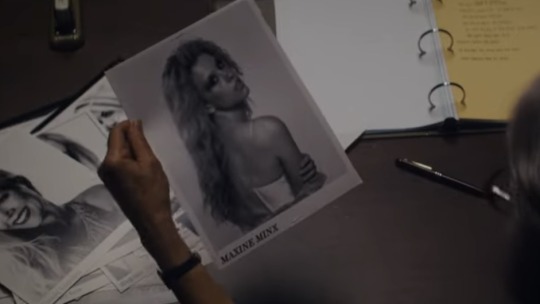directed by jacques demy ⋆˚⟡˖ ࣪letterboxd: @remfrom5to7
Don't wanna be here? Send us removal request.
Text


Anna Karina photographed by Giancarlo Botti on the set of 'Un mari à prix fixe' directed by Claude de Givray, 1963.
280 notes
·
View notes
Text
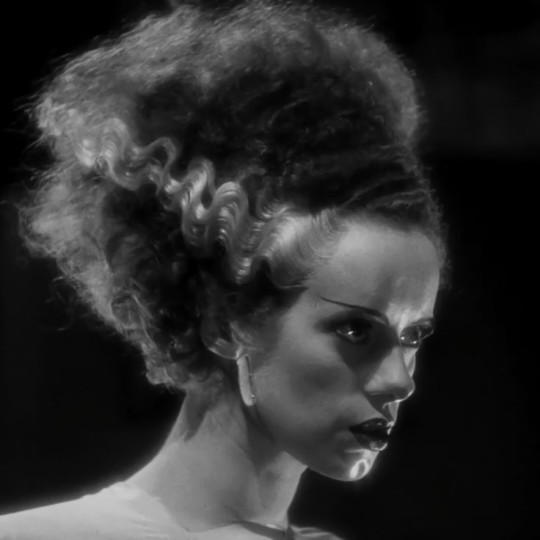
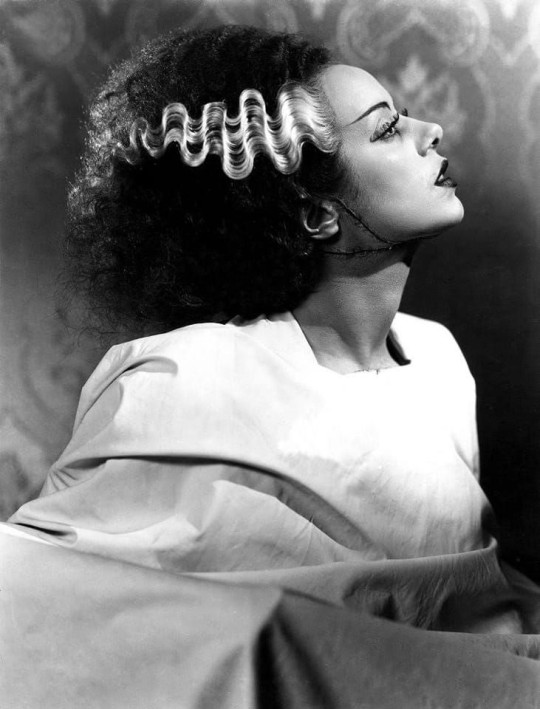

elsa lanchester as the bride of frankenstein, 1935
45 notes
·
View notes
Text
a character analysis on amy march
and how greta gerwig changed the perception of one of the most disliked literary characters

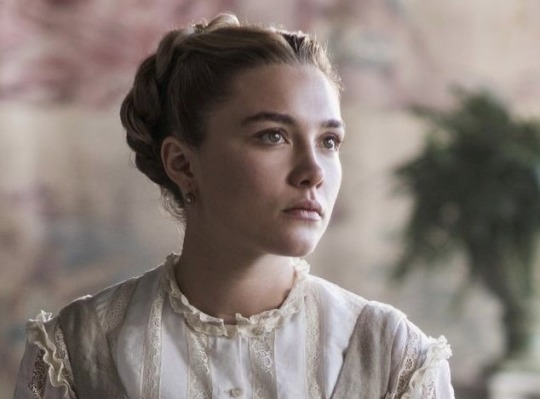
when i first watched little women (2019), i wasn’t expecting a lot. i didn’t realize how much i’d fall in love with the story, or the characters. out of all the characters, i especially felt a connection with amy march. i felt so seen by her. as a 14 year old girl who would watch films as an escape, i had never felt so understood by a movie or character as much as i did then. it felt sort of uncomfortable how similar she was to me, as if i was watching another version of myself. i immediately started watching all kinds of videos about her as a character and little women as a whole, and quickly saw how much of a disliked character amy is.
it’s not uncommon for a young, female character to be hated on. but i’ve noticed that so much of the amy hate is so deeply rooted, and so personal. i understand it to an extent, people who see themselves in jo, or just anyone in general, probably felt an unbearable amount of anger when amy burned jo’s manuscripts. maybe this makes me a terrible person, but i understood amy’s perspective and almost rooted for her. i felt so much pain for jo but also sympathized with amy. especially when seeing the incident happen in gerwig’s adaptation, the whole situation feels more complex. there was obviously a more deeply rooted anger that amy had towards jo, her going to the play without amy just pushed her into finally reacting.
that’s one of the many reasons i love greta gerwig’s version of the story. while
the characters were already fleshed out and well written, she added some more complexity to them, especially compared to the other film adaptations. i could go on for hours talking about all the characters, but for this i’m specifically focusing on amy. when looking at the 1994 adaptation, with kirsten dunst as amy, there’s so many scenes that make her thr villain of the story. she never really grows as a person since all the situations from her childhood. i do also need to point out that in that film, the story mainly focuses on jo (played by winona ryder) and the three other march sisters are side characters. for the 2017 miniseries, i haven’t even finished watching it because i hated amy’s portrayal so much. kathryn newton is a great actress, i really liked her in other films, i just don’t think she was the right choice for amy march. the show also portrayed her as a villain, making her seem like such a terrible person. overall i didn’t like the show. i see a lot of positive reviews so i may need to give it another chance. gerwig’s version shows amy as an ambitious young girl who is looking to be loved, and wants to be noticed by people. whether that’s in society, for her talent, or in her family.
in little women (2019), amy, as well as all the march sisters, finally get the recognition they deserve. all the other adaptations focus mainly on jo and don’t really show much of the other sisters, or their relationships with each other. it’s such a big part of the story and is so overlooked in the other adaptations. jo and amy’s dynamic is one of my favorites. it’s so interesting to see how their relationship progresses throughout the years and how they learn from their mistakes. it’s so realistic and so painfully relatable. a quote that really stuck with me is towards the end of the film where amy gives jo advice. jo asks her “when did you become so wise”, and amy proceeeds to say “i always have been, you were just to busy noticing my faults.” i felt it so deeply, it showed how overlooked and amy was. being only seen as a bratty child rather than noticing all the good parts of her personality. there’s so many small scenes that make such a big impact in their dynamic. jo crying to amy after she cuts her hair was a big scene showing that they still love each other dearly even when having some sort of resentment towards each other. amy’s line when laurie tries to propose to her add so much depth to her character. “i have been second to jo my whole life in everything. and i will not be the person you settle for just because you cannot have her.” she’s constantly felt like she’s underneath jo’s shadow, even if jo isn’t intentionally trying to be above her. she’s constantly comparing herself to jo, but also looks up to her a lot. jo sees it as the opposite. when amy can’t make it to visit beth, jo makes a bitter remark on how “amy always got out of the hard parts in life”. she constantly felt as if amy had some special treatment compared to her.
amy constantly compares herself to other people throughout the story. when she’s first introduced in the film, it shows her painting a picture and looking over at the people painting around her. she tries to mimic the style they’re painting in. she’s desperately trying to fit in with the girls in her school and later with the upper class in Europe. in her iconic “i want to be great or nothing” scene, she talks about how she’s not good enough, and will never be good enough to be a “real” artist. the monologue that gerwig added in afterwards adds more perspective to her character and how women were treated at the time. she genuinely believes that she will never be as good or talented as the people around her. she thinks that no matter if she’s a woman or if she were a man, her artistic abilities are mediocre at best. from an outside perspective, as seen from laurie, it’s so frustrating that she can’t see how talented she is.
i think a lot of people tend to forget how young she is. in the book-burning sequence, she was only 12. hating on her character purely off that situation makes no sense, she was a child and has grown from her mistakes. it’s so evident in later scenes that she feels sorry for how she acted, and is trying to do better. watching other adaptations made me realize how greta gerwig’s film really does amy justice. she’s seen as a girl who’s grown from her mistakes as a kid rather than a girl who is always plotting against her sister. obviously everyone has different opinions, it’s ok to hate on whichever character you want. i decided to write this because she’s such a special character to me, especially in this adaptation. i always go back to this film, i love it more than anything.
11 notes
·
View notes
Text
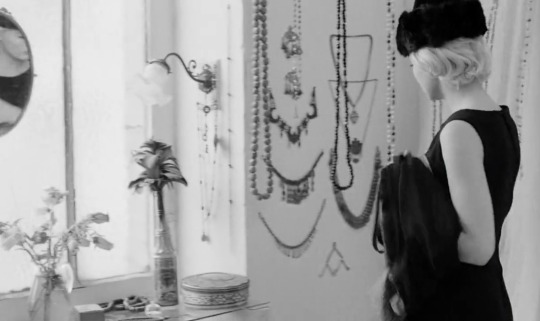

cléo from 5 to 7 (1962)
dir. agnés varda
8 notes
·
View notes
Text

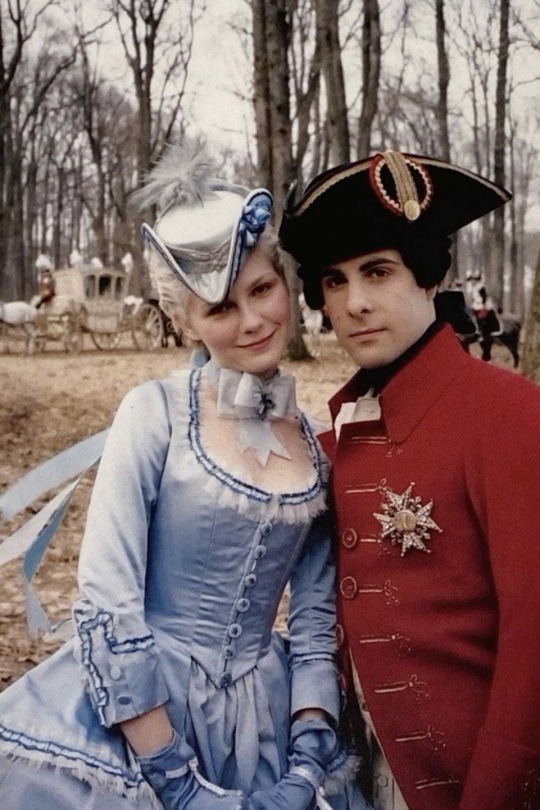
kirsten dunst and jason schwarzman on set of marie antoinette
dir.sofia coppola (2006)
7 notes
·
View notes
Text

carrie fisher trying on harrison ford’s glasses
9 notes
·
View notes
Text


fight club (1999)
dir. david fincher
20 notes
·
View notes
Text
bella baxter’s outfits


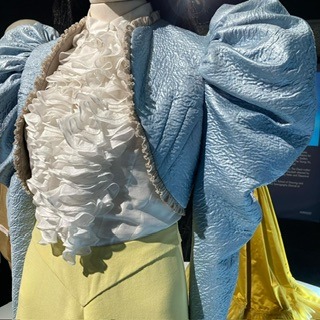
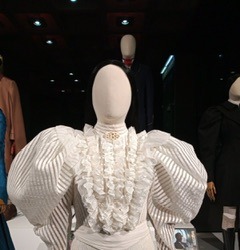


worn by emma stone in poor things (2024)
dir.yorgos lanthimos
i loved the use of costumes in this film. the way they tied into the story while also helping with the world building. the mix of victorian silhouettes and more modern or futuristic styles was so cool to see.
27 notes
·
View notes
Text
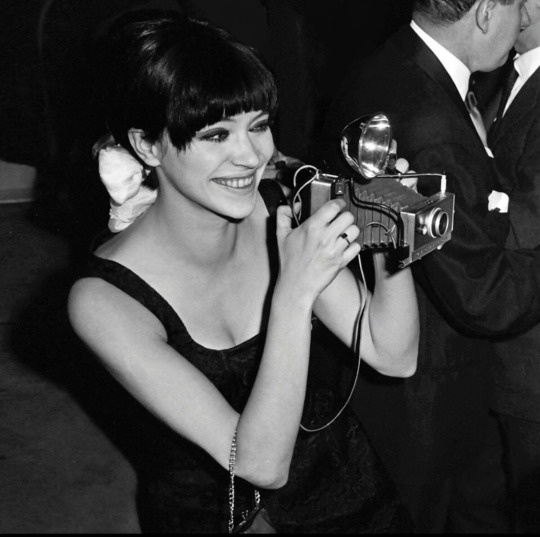
anna karina taking photos in paris, 1966
22 notes
·
View notes
Text
alice cullen’s outfits

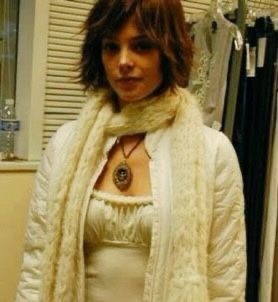


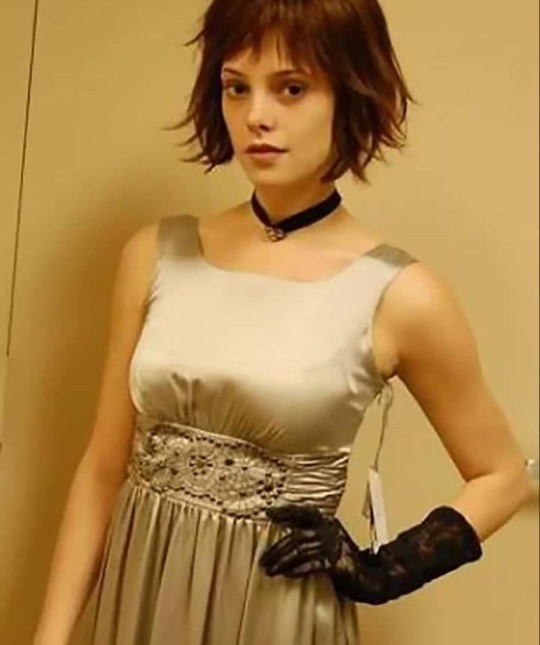
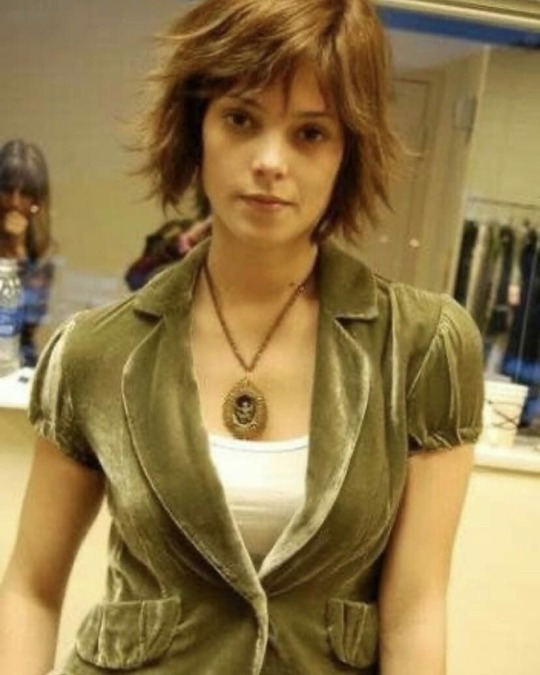
ashley greene on the set of twilight
66 notes
·
View notes
Text
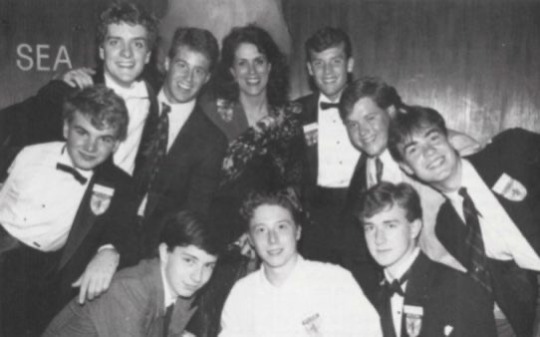
the cast of dead poets society
dir.peter weir (1989)
#film#dead poets society#dps#todd anderson#neil perry#ethan hawke#robert sean leonard#behind the scenes#80s movies
319 notes
·
View notes
Text




cher, winona ryder, and christina ricci in mermaids
dir.richard benjamin , 1990
9 notes
·
View notes
Text
I won't even lie, 2023 has been a great year for film and it makes me even more hopeful that the people who made that possible receive better treatment and fair compensation for their work. Support the strikes.
3K notes
·
View notes
Text

winona ryder and brittany murphy on the set of girl, interrupted
dir. james mangold, 1999
14 notes
·
View notes
Photo
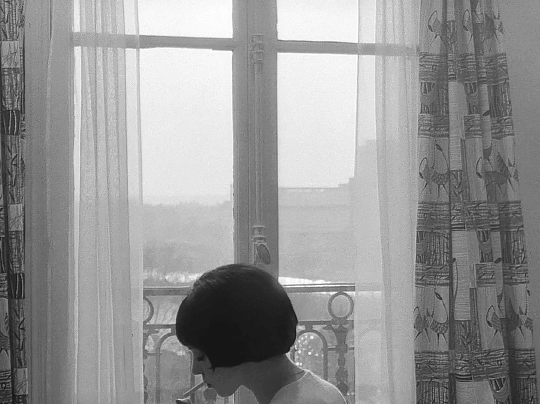
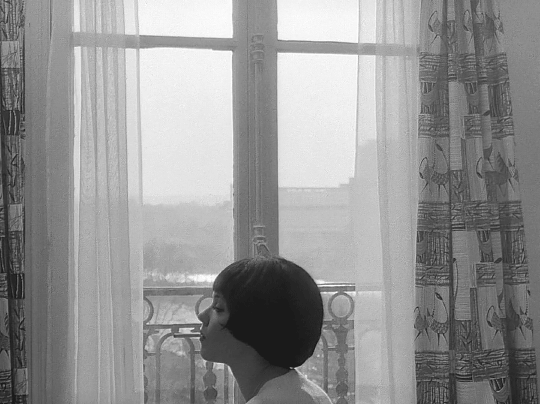
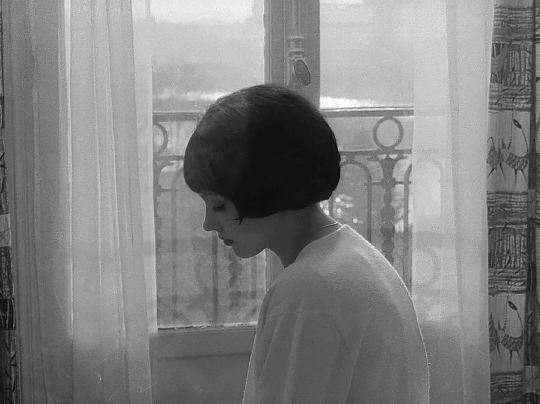
Anna Karina | Vivre sa vie | Jean-Luc Godard
3K notes
·
View notes


